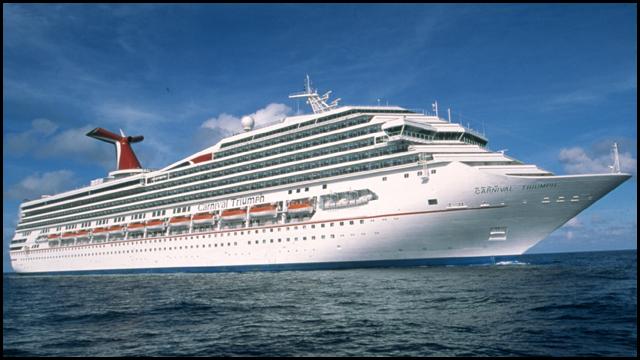You never know when a crisis could hit your business. I’m sure that the CEO of Carnival Cruise ships was not planning on receiving a frantic phone call last week that one of the ships had stalled in the middle of the Gulf of Mexico and that more than 3,000 people would be stranded for days. We don’t know when or if these types of events will befall our companies, but we should nevertheless be prepared.
Here are 5 lessons learned from the Carnival cruise ship fiasco.
1. Have a Crisis Communications Plan
I cannot stress it enough, but every business should have a step-by-step protocol on how to handle a crisis. The plan will encompass who are the spokespeople, how quickly to tell stakeholders and investors and then how to break the news to the media. While no crisis is ever the same, having a general plan of action is vital and will save time during a crisis when time is of the essence.
Carnival must have had some system in place, because immediately after hearing the problem, their team began working on a solution that consisted of two back-up plans to transport their guests to shore. The first was to fix the failed generator and the second was to deploy two tug boats from different areas to come bring the ship to shore. Plan A failed, but the company had a quick Plan B that required little downtime. Having Plan B, C and D is never a bad idea either.
2. Take Care of the Problem
The most important aspect of solving a crisis is to take care of the victims or the perceived victims first. In this case, the safety of the cruise ship guests was the highest priority for the company. While the logistics teams were working on a transportation solution, the onsite Carnival staff tried their best to still provide the best quality service for their guests and prevent dangerous or unsanitary conditions on board. Although conditions were quite dire, many guests reported via Fox News that the cruise staff continued to have pleasant demeanor and served them with good attitudes despite the hard circumstances.
When the guests finally reached shore, each person received a voucher for a free cruise, transportation to the nearest airport and $500. This generous attempt at reconciliation was a gracious gesture by the company but will probably never qualm their fears of embarking on another cruise.
3. Be Transparent With the Media
Rule of thumb: alert the media of the problem ASAP and TELL THE TRUTH. The problem only gets worse if a business lags behind on addressing the media and leaves out information or worse, gives false information. Waiting to address the problem makes the public wonder if the company is hiding something.
Utilizing social media from the get-go is also a great way to provide statements and answer the crowd of inquirers and criticizers. Carnival PR professionals were immediately on Facebook and Twitter providing statements and quelling the crowd. Some status updates had more than 100 comments and 800 shares. Formal statements were also issued and a press conference was held with the CEO, where he assured the public of the guests’ safety, apologized for the incident and detailed the plans of how Carnival was fixing the problems.
4. Reassure and Calm Fears
As mentioned before, the CEO of made a specific point of reassuring the media multiple times of the company’s intent to return each guest safely to their final destination as well as prevent the same incident from happening on other cruise ships. He apologizes; he reinstates their brand messages to have a fun and relaxing atmosphere for all guests and he explains the action plan. Recordings of the press conference were available on their social media outlets as well as on their website.
After the problem has been solved in a crisis and an action plan is set in place, it is important to continually reassure the media and all involved that you will be working towards a present solution and one that will help in the future.
5. Get the Problem Behind You
Once you have fixed the problem, remained transparent to the media and all involved, reassured all constituents and followed the crisis communications plan to a tee, get the whole dang thing over with! Move on to other projects and ensure that nothing of that sort ever happens again. While Carnival was certainly not a hero in this situation and could have improved their plan of action in many ways, it is important to learn from crises like these in order to be better prepared ourselves if crisis hits. We will see how Carnival recovers, and I hope they get their ships fixed soon! I am booked to go on a cruise this Spring!









